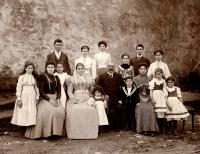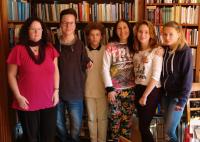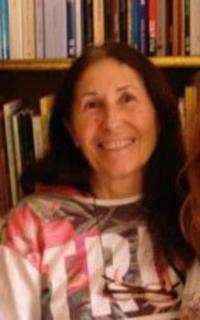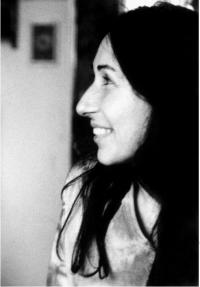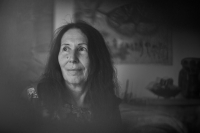Protect the Mother Earth! Live planet is a our gift and have to protect it along with human freedom.
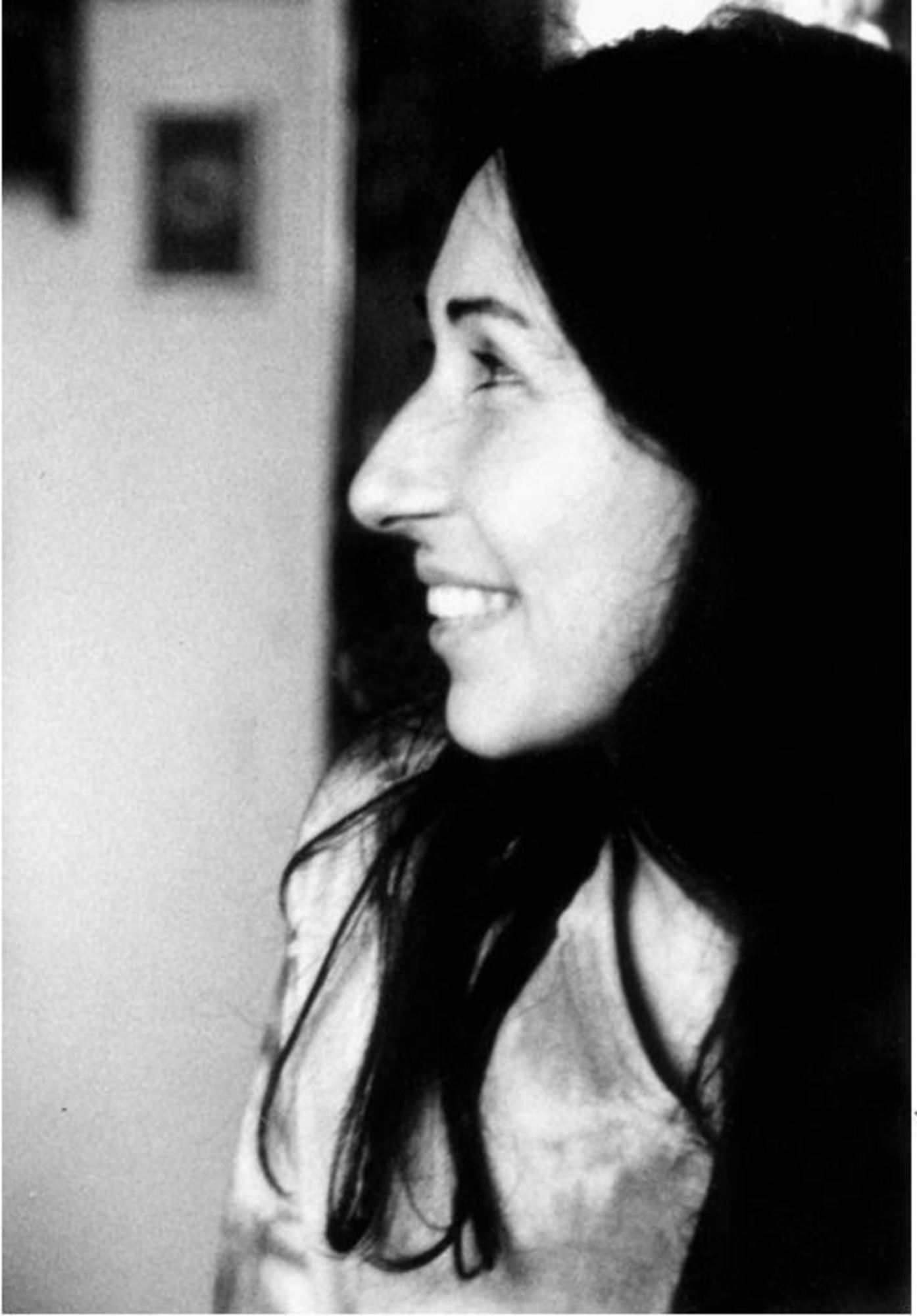
Stáhnout obrázek
Iva Vodrážková, née Pelikánová, was born on 4th August, 1951 in Olomouc. Her left-wing oriented family with Jewish roots was persecuted during war by Nazis. Grandma died in a concentration camp, her father was sentenced to eight years in prison for guerrilla activities and her father had to hide in illegality. Along the lines of her grandpa, an academic sculptor, Julius Pelikán, the witness decided to become an artist. Her father and uncle, Jiří Pelikán, were very actively building socialism after war. Both of them were reformed communist, their carrier ended by the republic occupation in 1968 and the family started to be persecuted. Her father had to leave from the Olomouc university and was banned to practice his job as a doctor of medicine. Iva Vodrážková was strongly anti-communistic also due to her revolting parents. Same as her brother she had issues getting to high school and was banned to study any artistic field and after twists and turns she was accepted conditionally as an extra student at the Pedagogic faculty of the Palackého university in Olomouc. She graduated in a combination Czech language and fine arts in 1974, but she didn‘t get any placement report. So she left for Prague and found a job of window dresser in a textile company and later also a job of a teacher´s assistant. Through her friend, Milan Kozelka, she met Dana Němcová and Věra Jirousová and got close with the people around underground and dissent. In 1980 she married a publicist and a musician Miroslav Vodrážka. Their flat became a centre of larger society around a philosopher Maxmilián Duren, and later she organised seminars and flat theatre. They participated in publishing an underground magazine Vokno, distribution of anti-regime press and events supporting unjustly persecuted. Both husbands were closely observed by the secret police. After the fall of regime the witness began to teach at the Basic School of Arts and freely develop her artistic work.
